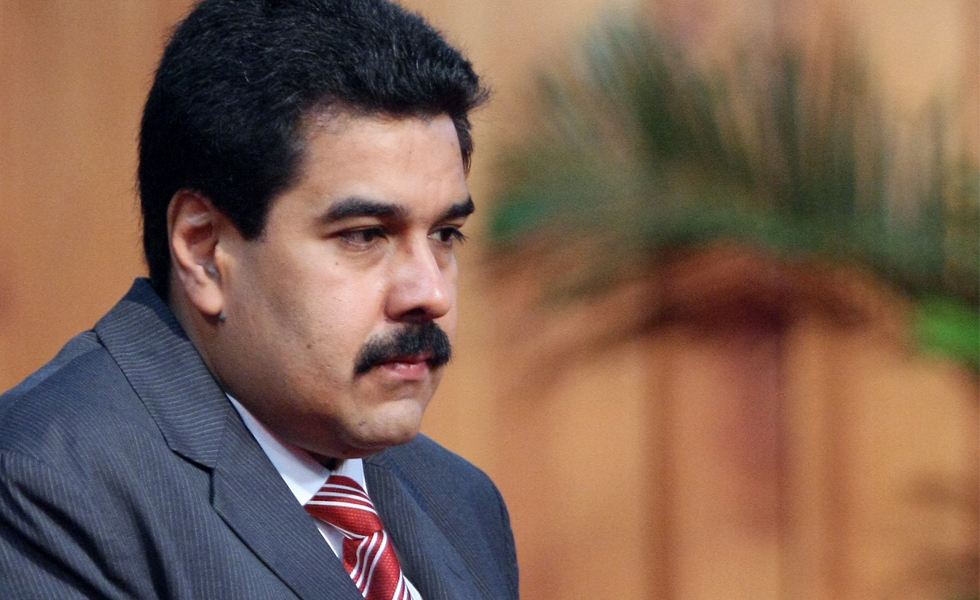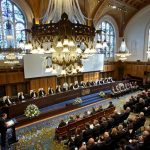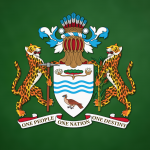
By Svetlana Marshall
Hours after the Nicholas Maduro Government announced its plans to move ahead with making Guyana’s Essequibo region, a Venezuelan state, President Irfaan Ali rejected the position and the series of measures announced by Maduro seeking to enforce the outcome of the the December 3 referendum.
In a late night address to the nation, the President described the development as unsettling, and announced that the United Nations Secretary General has been informed of the development and the matter is now expected to be placed before the UN Security Council.
On Tuesday, the Venezuelan President announced the presentation of a new map, incorporating Guyana’s Essequibo Region and plans to authorize oil exploration in the region in clear violation of the orders of the International Court of Justice (ICJ).
President Ali said the move is a direct threat to Guyana’s territorial integrity, sovereignty and political independence, and is in violation of fundamental principles of international law enshrined in the UN and OAS Charters.
“The measures announced are in blatant disregard of the order given by the International Court of Justice on December 1, 2023. Guyana views this as an imminent threat to its territorial integrity and will intensify precautionary measures to safeguard its territory,” the President said.
Ahead of the late-night address to the nation, the President held talks with the UN Secretary General and other regional and international leaders on the disturbing and dangerous developments.
“I have tonight spoken to the Secretary General of the United Nations and several leaders alerting them of these dangerous developments and the desperate actions of President Maduro that fly in the face of international law and constitute a grave threat to international peace and security. Also, Guyana will tomorrow, bring this matter to the United Nations Security Council for appropriate action to be taken by that body,” President Ali disclosed.

He said the country has already engaged the Caribbean Community (CARICOM), the Organization of American States (OAS), the Commonwealth and other bilateral partners including the United States of America, Brazil, the United Kingdom and France.
“The Guyana Defence Force is on full alert and has engaged its military counterparts including the US Southern Command,” he added.
On December 1, the ICJ ordered Venezuela to refrain from taking any action which would modify the situation that currently prevails in the Essequibo Region for which Guyana has control over. The Court also ordered both countries to refrain from any action which might aggravate or extend the dispute before the Court.
“By defying the Court, Venezuela has rejected international law, the rule of law generally, fundamental justice and morality, and the preservation of international peace and security. They have literally declared themselves an outlaw nation,” President Ali said.
In the eyes of President Ali, Maduro is “testing the mettle” of the World Court, and in doing so, has taken the lonely road.
“He has taken a lonely road and worrisome road of neglecting his responsibility as a member of the UN family – an adventurous and reckless path that can only bring instability to this region, and could only create more uncertain circumstances for Venezuela people,” the President said while urging his Venezuelan counterpart to rethink his missteps, and to act in accordance with international law.
The region, he emphasized, must remain a zone of peace.
President Ali, however, made it clear that Guyana will continue to pursue its case before the ICJ. “Nothing they do, however, will stop Guyana from proceeding with the case in the ICJ, or stop the ICJ from ultimately issuing its final Judgment on the merits of the case,” the President said.
Guyana has asked the ICJ to uphold as valid and legally binding the Arbitral Award of 1899, which established the boundaries between the two countries, and for which, Venezuela is now seeking to nullify.
“We will not allow our territory to be violated nor the development of our country to be stymied by this desperate threat,” the President said.
The December 1 orders of the ICJ are binding on both sides, and violation of such orders could result in international sanctions.
















You must be logged in to post a comment Login